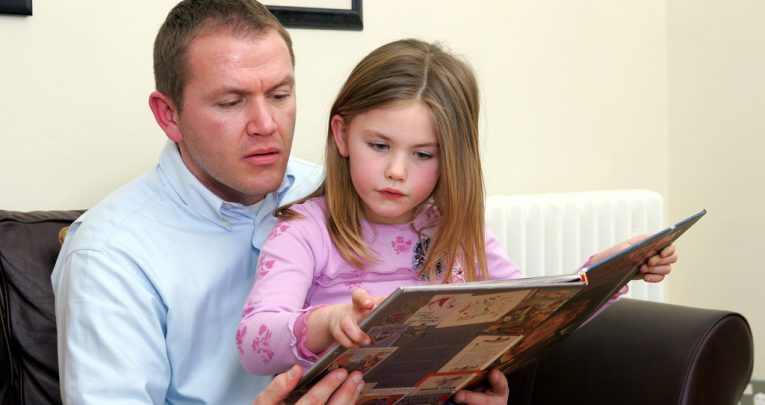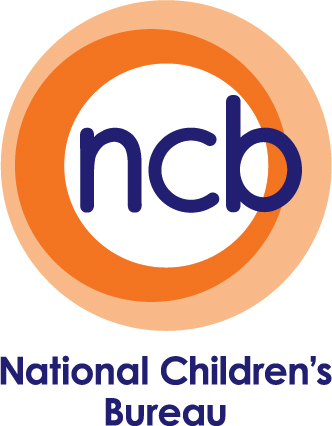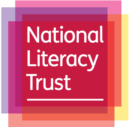40 Years To Close The Attainment Gap? We Cannot Wait That Long

Empowering parents as their child’s first educators could be key to improving social mobility in England

We have reached a crossroads – despite 20 years of government efforts to improve social mobility in England, a new report from The Social Mobility Commission shows that a significant achievement gap still remains between our country’s richest and poorest children.
According to the commission, it will take 15 years at the current rate of progress before all children have a good level of development by the time they start school at five and it will take a staggering 40 years before the attainment gap between rich and poor at that age is closed.
We can’t wait for four decades to be able to give all children in the UK the equal start to life that they deserve. It is now time to extend support for the early home learning environment.
Early childhood is a period of rapid growth and development, and a wealth of evidence shows that what children learn in the early years provides the foundation for later learning, health and success. Yet children from poorer backgrounds in England start school, aged five, already 19 months behind their wealthier peers in development. What’s more, 60-70% of gaps in attainment at age 11 are due to inequalities present at age five.
Parents are their child’s first and most enduring educators, but despite strong evidence that parental involvement in their child’s early learning can be a more powerful force for academic success than socio-economic factors, our research shows that one-quarter of parents from poorer backgrounds don’t consider themselves to be the primary influence on their child’s learning.
We must now shift public and political thinking to ensure that engaging and working with parents in the early years is recognised to be just as important for a child’s future as quality pre-school provision. This approach is at the heart of a new programme of work by a coalition of charities to transform the life chances of children from some of England’s most disadvantaged communities.
Funded by the Department for Education, a consortium of charities, including the National Literacy Trust, the National Children’s Bureau, Peeple and the Foundation Years Trust, are running a series of projects across England to help parents develop the skills, knowledge and confidence they need to have for a strong early home learning environment. This will have a positive impact on their child’s life chances.
To make a lasting difference to children’s futures, we need to ensure that support for parents in the early home learning environment becomes an embedded part of early years and later education. We must recognise parents, teachers and practitioners as equal and mutually supportive partners in the early years. The consortium will share our progress against these aims in 2018.
Jonathan Douglas is the director of the National Literacy Trust.
The National Literacy Trust, the National Children’s Bureau, Peeple and the Foundation Years Trust have secured funding from the Department for Education to deliver projects to improve the life chances of children from disadvantaged communities in England. To find out more, visit: literacytrust.org.uk.















